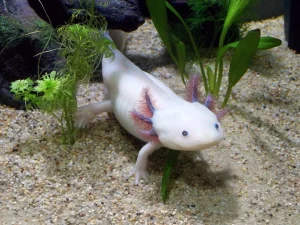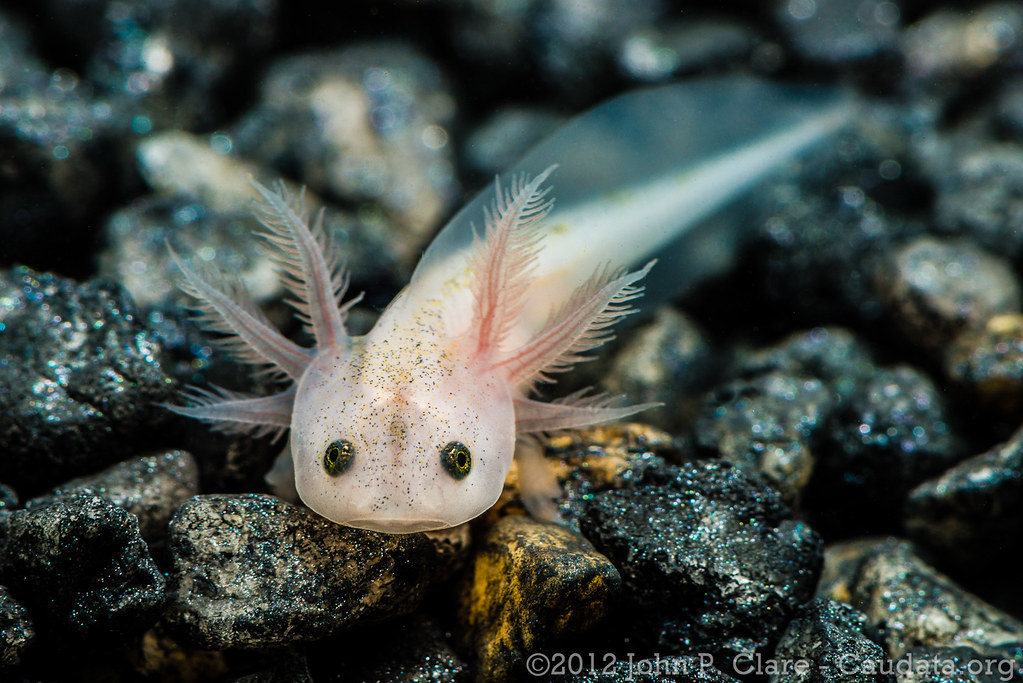You’ve probably heard of this cute and friendly amphibian called the axolotl. But did you know that axolotls could potentially hold the secret to stopping the process of biological aging in humans? Attaining a youthful look is a common goal amongst many individuals and finding the key to achieve it could change the future of humanity.
 Axolotls are commonly used as subjects of biological research as they have the ability to regenerate limbs, hearts, spinal cords, and parts of their brains without leaving scars on their body. Scarring is what prevents tissue from regenerating. Finding out the reason why Axolotl’s tissue doesn’t scar could help unlock the ability to completely regenerate human tissue, which can also assist in developing medications to aid in the regeneration of cells, muscles, and limbs.
Axolotls are commonly used as subjects of biological research as they have the ability to regenerate limbs, hearts, spinal cords, and parts of their brains without leaving scars on their body. Scarring is what prevents tissue from regenerating. Finding out the reason why Axolotl’s tissue doesn’t scar could help unlock the ability to completely regenerate human tissue, which can also assist in developing medications to aid in the regeneration of cells, muscles, and limbs.
Not only can axolotls grow completely new limbs and organs, but once they reach four years of age they have the ability to stop their epigenetic clock. An epigenetic clock estimates an animal’s age based on how factors such as stress or diet affects its genes. For example, animals who have experienced high levels of trauma and stress have a higher biological age.
For years scientists have been looking for ways to come up with anti-aging creams, pills, and medications for humans. Studying the axolotl’s ability to completely turn off its biological clock could be a huge turning point in human biological research and medicine.
“I’ve been able to put a lot of the puzzle together by studying the axolotl immune system and nervous system and how they’re integrated in the salamander’s regeneration system. So I see it as the guiding light for something that humans can’t yet do. And I can’t think of a better approach” James Goodwin, an immunologist at the MDI Biological Laboratory in Maine, who studies cell regeneration, said. “For me, in my personal journey, I can’t imagine making the big impact on improving human regeneration without my axolotl copilot. I can’t do it.”
Thanks to the help of the axolotl species, we might see some major medical breakthroughs in the near future.













































































































































